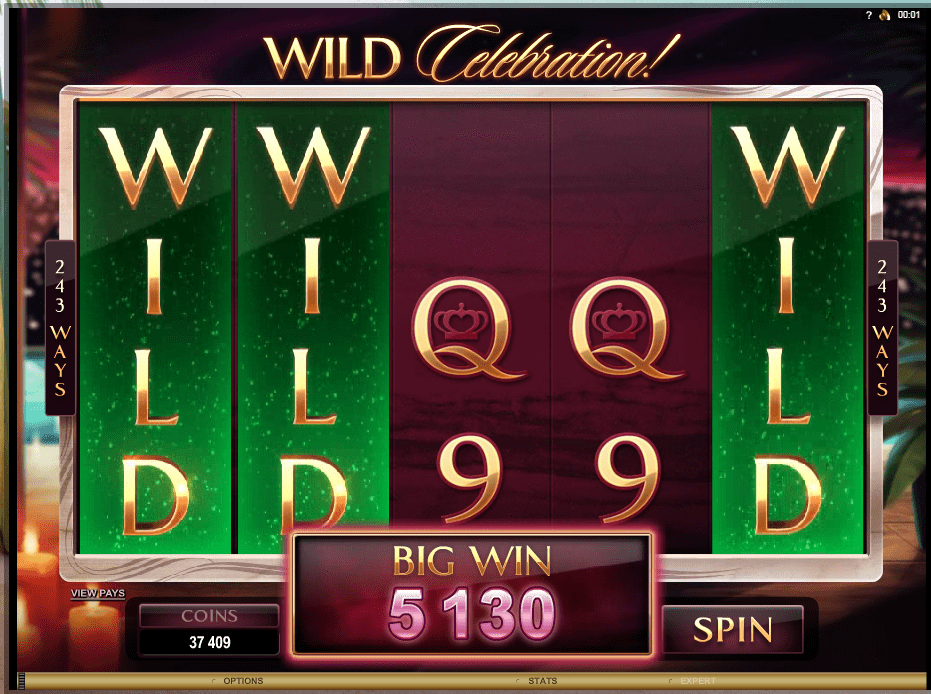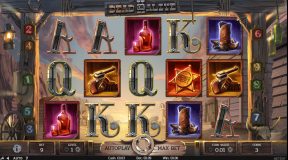
Assume you flip a fair coin 10,000 times and record the streaks. A streak is when heads follow heads or tails follow tails. Even though you are trying to flip the coin identically each time and are paying no attention to how you pick up the coin before you flip it, you will find long streaks. A streak 10-long happens every 512 times on average. You’ll probably get several of those. A streak 20-long happens every 524,288 times on average and you will probably not get one of those-but you might.
If you’re just flipping and recording, you’ll probably find this pretty dull. But if you win $100 for every head and lose $100 for every tail, I’d bet you’d find it quite a bit more exciting. During the long “head streaks”, you are rejoicing. During the long “tail streaks”, you feel awful.
Assume that after 1,000 flips, there have been 520 heads and 480 tails. You are up $4,000. Congratulations! What do you think that says about how many heads will appear during the next 1,000 flips? Remember, this coin is a perfectly balanced, fair one.
If you said the best guess was that there would be 500 heads in the next 1,000, you would be correct. There might end up being 450, or 550, or any other number after the fact, but 500 is the best guess before the flipping begins. The coin does not have any mechanism in it to “make up for” the earlier extra heads. The coin is just an inanimate object that doesn’t even know it’s being flipped or that you are recording the results.
In many respects, the random number generator is like this coin, although much more complicated. The RNG is not alive. It’s merely crunching numbers according to prearranged rules. It doesn’t know whether you are winning or losing. It doesn’t know when somebody new sits down to play. Nor does it care. It’s just putting out numbers. The player knows whether or not he is winning, of course. And often, he cares a lot! But the machine does not.
If you have never played this type of game before and you play 1,000 hands, the best predictor of what will happen the next 1,000 hands is the same thing that happened during the last 1,000 hands. This is the way we learn. We assume that the future will be similar to the past. Until we have additional information, this information is the best we have.
If we have played 20 1,000-hand sessions, then we know our results will vary. Sometimes we win. Sometimes we lose. And our “average” is whatever it is. This average information is a much better predictor of what will happen than what happened one time only. If we have this average information, we use it. If we don’t, we can’t.
Video poker is a game, however, where a lot of information is available. Computer programs tell you very quickly that this particular game will return 100.17%, or 95.43% or 98.26%, or whatever, when you play it perfectly. And you can practice until you can play it pretty well. Strictly Slots is one magazine with considerable video poker information in it. And there are others. So, if you want to learn more about playing, the information is available.
When you know a game well, your best prediction on what will happen over the next 1,000 hands is whatever the game is worth. If it is a 99.54% game and the slot club returns half a percent, then you know that on average, you have a very small advantage. Sometimes you will win and sometimes you will lose, but on average you will come out slightly ahead-assuming you know how to play every hand.
Let’s go back to our coin, and us being up 520 to 480 after 1,000 flips. We said the best guess for the next 1,000 flips would be 500 to 500, but this is only if we knew this was a fair coin. If we didn’t know, then the best guess would again be 520-480 on the next 1,000 hands, because that’s all the information we have.
I get letters from people frequently saying that once they lose $20 (or some other fixed number) in a machine, they leave. This might make sense if they know nothing about the streaks of the game. If this is all the information they have, then, yes, it makes sense not to continue to throw money down a sewer.
But I wouldn’t leave in that situation. Why? Because I know the theoretical value of every game I play, and if I were not the favorite, I wouldn’t be playing it. If I were a favorite before I lost the $20, then I’m still a favorite now. Since I know the value of a game, I’m basing my actions on my knowledge of what the average results will be in the future. When somebody doesn’t know, they have to base their actions on the information they gathered from the recent past.
So when people ask me if and when they should leave a machine when they are losing, I reply that they should learn how much the game is worth, and how to play it. Until they do, they are ill advised to play. Asking me when they should quit when they don’t know how much the game is worth is like asking me when they should swing the bat when they are playing baseball blindfolded! My answer to both questions would be to not play until they were more competitive.






